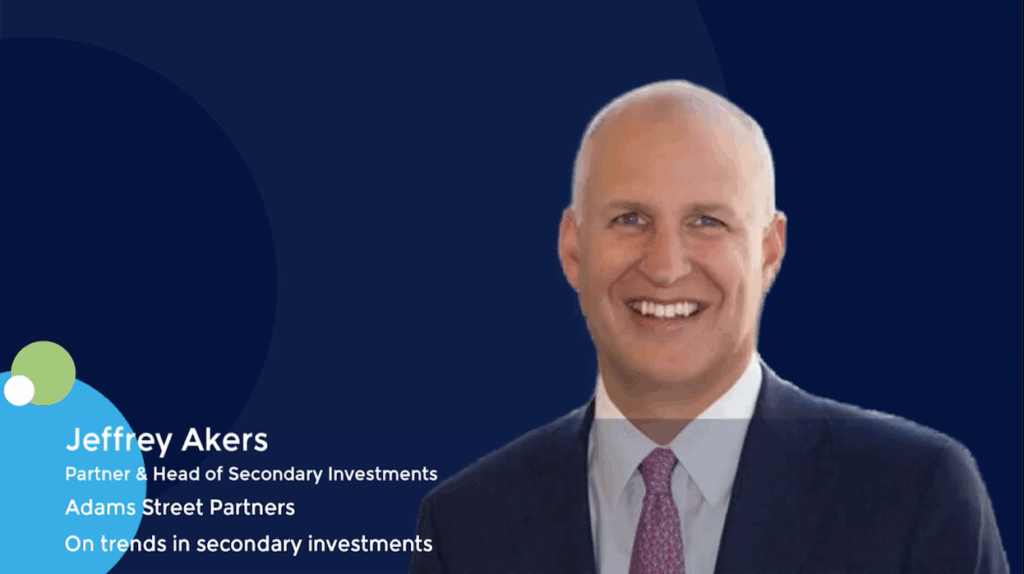Imagine Learning positioned to acquire more as K-12 multiples decline – CFO
- Could acquire in new segments in K-12 curriculum and tools
- Targets could have EVs in low single digit millions to hundreds of millions
Imagine Learning, a platform of Silver Lake and Onex, continues to actively seek acquisitions in the K-12 space, said Waseem Alam, chief financial officer and corporate development officer.
“Multiples have come down. We hope multiples will come down a little more to enable us to be more active in M&A,” he said, adding that the company is in a “prime position” to capitalize on lower valuations by using its balance sheet and debt for acquisitions.
Alam, who has been with Scottsdale, Arizona-based Imagine for nearly 10 years, would not disclose revenue but said the company serves half of US school districts and 18 million students. The company has close to 3,000 employees, he added.
K-12 education enjoyed rapid growth during the COVID-19 pandemic, spurred by federal ESSER funding into the space, which has since ended. “It was not long-term sustainable growth. The market has suffered a little,” Alam said.
Imagine Learning feels well-positioned to weather the storm around changes to the Department of Education by the Trump administration. “From the beginning we intentionally diversified our product offerings to not be tied to one funding source,” he said.
School districts get funding for different products from different sources, he explained. Traditionally, 10% of funding for districts comes from the federal government – “not a massive part,” he said. He doesn’t expect the amount of federal funding to change but the money will instead flow to the states as block grants to allocate as they please.
The need in education for high quality curriculum and tools is critical, Alam said. The goal is to “increase the ability to personalize learning and provide new artificial intelligence-powered tools with curriculum offerings for teachers,” he said.
Imagine has been acquisitive throughout its history. Going forward, it is interested in AI innovators and new segments in K-12 curriculum and tools, such as special education and teacher engagement. The transactions can be add-ons with enterprise values as small as the low-single-digit millions to bolster existing products. But Imagine would not rule out multimillion dollar deals as well. “There are quite a few PE roll-ups with USD 100s of millions,” Alam said.
Imagine learning is looking globally. It has made acquisitions in Ireland, Scotland and London, he noted. It likes “products that don’t have the capability to expand in the US,” the CFO said, so it can help them achieve that goal. It would also like to acquire in Asia, which it hasn’t done yet. It has looked in Australia too, he said.
The company sourced its three recent deals directly but has strong relationships with bankers and participates in auction processes.
Imagine learning competes with HMH, McGraw-Hill and Savvas in its core curriculum business. In supplemental education, it competes with Cambium and Curriculum Associates, while in courseware it competes with Edmentum, the CFO said.
But the company’s areas of focus for M&A have shifted over time. In July 2011, it made its first acquisition of e2020, focused on digital adoption in courseware and credit recovery. In 2014-2015, it shifted to supplemental education and in 2019, it focused on the core curriculum space “to deliver digital-first core learning,” he said. At that time, it acquired LearnZillion, StudySync and Twig “to go after the larger core curriculum market opportunity.”
The overriding goal is to create a learning ecosystem for K-12 across all facets of education, Alam said.
More recently, it acquired CueThink, focused on problem solving and critical thinking; Early Bird, a dyslexia screening tool; and Pango Education in the UK, a provider of curriculum-informed AI.
The company has been backed by Silver Lake since 2018 and Onex since 2021. Alam would not comment on the sponsors’ exit timelines but said: “They share management’s view that the impact, not just the financial outcome, requires an investment that goes well beyond the traditional investment cycles.”
On the potential for further capital, Alam, said, “There is always the possibility of new investors. We have conversations with folks out there.” He added that the company does not need more capital and no process is ongoing.
He said a successful public debut by McGraw-Hill would bode well for Imagine Learning. There are few other comps in K-12 now, he noted, though Pearson is still in the space.
With regard to a potential IPO, Alam said, “We want the flexibility for a range of outcomes.”










